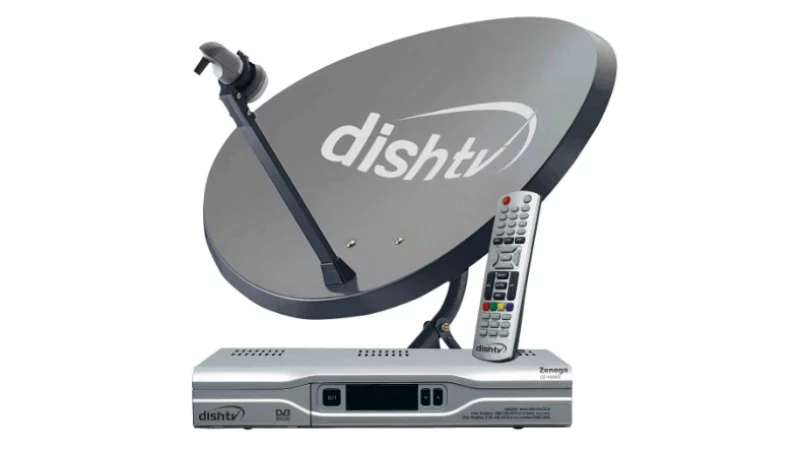Following a new mandate by Telecom Regulatory Authority of India (Trai), the long duration plans being shipped by Direct to Home (DTH) services will be discontinued from December 29. Instead, subscribers will have different schemes to choose from based on new Trai guidelines. The industry watchdog has introduced a brand new mandate which changes the pricing and the plans of the DTH services, thus implying that all the subscribers who are on monthly packs or long duration packs will transition to the new schemes by December 29, which is the deadline set by Trai.

It is worth noting that the long duration packs being referred here are the packs which come with validity up to three years. Previously, with the promise of cheaper rates and more channels DTH companies used to sign up many subscribers with advance payments. However, this was possible because then DTH providers used to pay channels owners in a ‘fixed payment’ model, but with the new mandate from Trai, the amount that the DTH providers will pay to the channel owners will depend on the number of viewers, hence the new scheme from December 29.
DTH Providers to Also Provide Refunds
Before this mandate from Trai was passed and confirmed, services like Airtel Digital TV were giving refunds to their subscribers along with an option to break their connection halfway. In case of returns from DTH subscribers, the amount which will be initiated back to the subscribers will be proportional to the stretch of service which is left in their contract. For example, if a subscriber signs up for an annual pack of Rs 5,000, and then they cancel their subscription after six months, they will be refunded Rs 2,500.
However, instead of introducing all new pricing schemes, they could continue with the mega packs, but for that to happen the amount which the DTH companies are paying to the channel owners should be less than what they are getting from the consumers for them to make a profit.
DTH operator, Dish TV remarked about this situation, saying, “The new regulations are applicable to all customer with effect from December 29, 2018,” the company further added, “We are working to ensure there is the least disruption to your viewing experience.”
Madras High Court Strikes Down on New Mandate
The Trai drafted new mandates keeping in mind that this way, consumers would have more choice in their channels. However, Madras High Court has struck on a new part of the tariff order thus outlining that the cable operators and DTH companies would receive channels from owners one-by-one instead of them taking all the channels at once. This would also be evident on the consumer front as the consumers would be able to order channels of their choice sequentially instead of buying bundled plans with unnecessary channels on them. In this case, the order passed by the Madras High Court makes the Trai mandate somewhat futile, since the order sets the pricing of the channels high when they are bought individually, thus promoting bundling.
In this regard, the regulator has approached the Supreme Court saying that pricing bundled channels lower than individual channels promotes the buying of more and more additional channels by the DTH providers and consumers alike. This, in turn, catalyses an anti-competitive environment since many channels from a handful of owners hog the carrying capacity of DTH networks.
Starting December 29, consumers will be able to choose their packages from broadcasters like Zee, Star India, Viacom18 and Sony in addition to choosing packages from their DTH providers.















